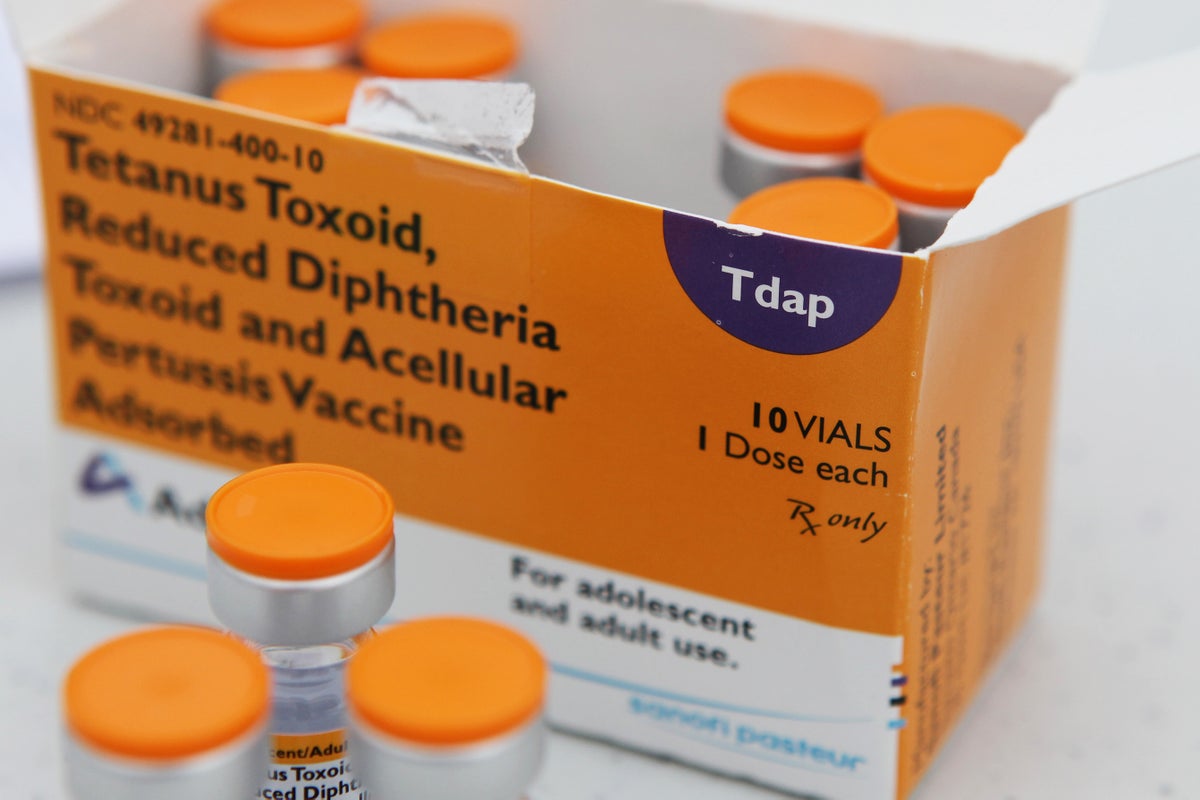In recent months, concerns have arisen over the use of aluminum in vaccines, following statements by prominent figures and a renewed look by regulatory authorities. President Donald Trump, during a widely viewed press conference, asserted that aluminum contained in many vaccines poses health risks. In response, the U.S. Food and Drug Administration (FDA) announced it would reevaluate the safety of aluminum adjuvants—the substances added to vaccines to enhance immune responses—with the possibility of removing them from vaccine formulations. However, leading health experts and scientists strongly contest these claims, emphasizing the extensive scientific evidence affirming the safety and critical role of aluminum in vaccines, warning that removing it could jeopardize public health.
Aluminum salts have been used as vaccine adjuvants for nearly a century. Adjuvants serve to strengthen and prolong the body’s immune response to the vaccine, ensuring that the body produces sufficient levels of antibodies and T cells to combat future infections effectively. Peter Jay Hotez, dean of the National School of Tropical Medicine at Baylor College of Medicine and a key figure in vaccine development for underserved populations, explains that these adjuvants are indispensable. “Without the adjuvant, you don’t get enough of the immune response, and the vaccine won’t work,” Hotez says. This is particularly true for vaccines against diseases like human papillomavirus (HPV), hepatitis, pneumococcal disease, as well as combination vaccines such as Tdap (tetanus, diphtheria, pertussis) and polio.
Beyond enhancing immune responses, aluminum adjuvants contribute to vaccine efficiency in several important ways. They reduce the amount of antigen—the active component of a vaccine—needed to achieve immunity, which can lower production costs and increase vaccine availability. Additionally, they help decrease the number of booster shots required and improve the immune system’s memory of the pathogen, thereby providing longer-lasting protection. Given these benefits, aluminum-containing vaccines have become foundational tools in public health efforts to prevent infectious diseases worldwide.
The safety of aluminum in vaccines has been rigorously evaluated over many decades. The FDA and the Centers for Disease Control and Prevention (CDC) continuously monitor vaccines post-approval to ensure that all ingredients, including adjuvants, are safe for public use. The aluminum content in vaccines is minimal and comparable to the amount infants naturally ingest through their diet. According to data from the Children’s Hospital of Philadelphia, infants receive approximately four milligrams of aluminum through vaccines in the first six months of life. This is significantly less than the aluminum intake from breast milk (about 10 milligrams), regular infant formula (40 milligrams), or soy-based formula (nearly 120 milligrams) during the same period. These comparisons highlight that aluminum exposure from vaccines is well within safe levels and is not a cause for concern.
Despite the scientific consensus on vaccine safety, misinformation persists. Robert F. Kennedy Jr., U.S. Health Secretary, has repeatedly promoted the unfounded claim that vaccines, including those containing aluminum, are linked to autism spectrum disorder. In August, he called for the retraction of a peer-reviewed study that found no association between aluminum in vaccines and chronic diseases in children. Such claims have been thoroughly discredited by extensive research. The American Academy of Pediatrics (AAP) has affirmed that aluminum in vaccines not only strengthens immune responses but also does not cause autism or other serious health conditions. The AAP and numerous scientific studies emphasize that no credible evidence exists linking vaccine ingredients to autism spectrum disorder.
The potential removal of aluminum from vaccines also raises significant practical challenges. Reformulating vaccines to exclude aluminum would be a complex and costly endeavor for pharmaceutical companies. Hotez points out that such a process would likely stall vaccine production and development, with the creation and regulatory approval of new formulas taking upwards of a decade. This delay could have severe consequences, as vaccines currently in use protect millions from life-threatening diseases. Without aluminum adjuvants, vaccines might become less effective, requiring more doses or failing to provide adequate immunity, ultimately undermining public health efforts.
The debate about aluminum in vaccines underscores the critical importance of relying on scientific evidence and expert guidance when making public health decisions. Vaccines have been instrumental in controlling and eradicating infectious diseases, saving countless lives worldwide. Aluminum adjuvants play a central role in this success by making vaccines both effective and accessible. Removing or restricting their use based on unfounded concerns risks reversing decades of progress and endangering public health

